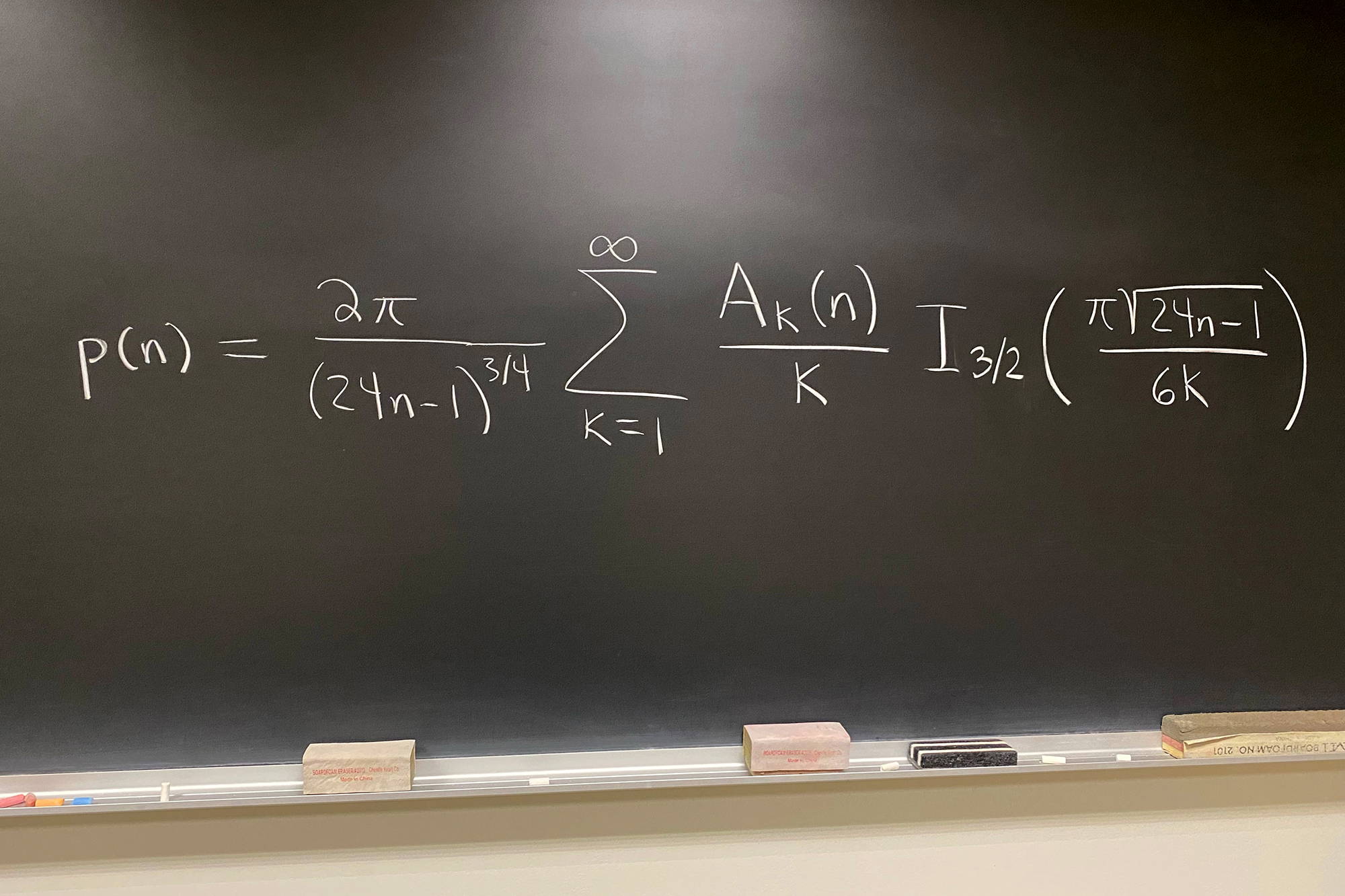
### Wisdom: Is There a Shortcut to It?
Wisdom is frequently depicted as a vague, elusive standard achieved through many years of life experiences, deep reflection, and conscious living. It seems like an ambitious, gradually evolving notion designated for enlightened monks, academicians, or community leaders. However, what if someone suggested there’s a kind of *shortcut* to wisdom—something you can engage in here and now to access its fundamental nature? This is precisely what a Sister from Thai Plum Village proposed during a Day of Mindfulness event in South Tangerang, Indonesia.
The discussion didn’t center on academic philosophy or deep existential thoughts. Instead, it explored something profoundly human: love. More specifically, the monk discussed the connection between love, attachment, self-awareness, and compassion—and how mastering this dynamic brings us closer to a state of deep understanding. Let’s explore what was shared.
—
### Rethinking Love: Wisdom Through Kindness
The dialogue with the Sister began with a thought-provoking question directed at the monastic audience: If monks and nuns commit to celibacy, how do they feel and navigate emotions of love? A seemingly straightforward question on the surface, yet one that unearths broader insights into living a rewarding and significant life.
The Sister addressed a prevalent myth about monastic life, where many assume celibacy equates to eliminating emotions or desires entirely. On the contrary, the monastic journey embraces love, but not in the commonly accepted sense. “This love isn’t characterized by romantic longing or sexual desire,” she clarified. Instead, it is a love grounded in *universal compassion*—a type of love that transcends individual connections, embracing all beings uniformly.
This form of love, paradoxically, fosters less attachment rather than more, allowing an individual to become wiser throughout the journey. It aligns with an ancient wisdom equation:
**Compassion + Joy + No Attachment = Love.**
Practicing this kind of love requires three key actions:
1. **Cultivate Compassion:** This involves nurturing a profound understanding of others’ adversities, tensions, and hardships while aspiring to assist in alleviating them.
2. **Distribute Happiness:** Genuine love encompasses bringing joy into others’ lives without expecting reciprocation or selfish rewards.
3. **Release Ownership:** Loving someone or something does not equate to possessing them. True love is about relinquishing—control, expectations, and clingy tendencies. Letting go does not imply neglecting care; rather, it’s about recognizing the fleeting nature of life and relationships.
These principles are crucial not only to spiritual practice but also to engaging in worldly relationships with greater wisdom.
—
### The Essential Element: Self-Love
Interestingly, the Sister highlighted an essential component—what she termed the “shortcut” to practicing wise love: **self-love.**
“Before you can genuinely love others, you must first love yourself,” she asserted. But this isn’t the egotistical or superficial self-love that today’s influencer culture frequently advocates. Authentic self-love involves fully accepting oneself, with all imperfections, challenges, and strengths, while fostering:
1. **Compassion for Yourself:** Recognize your flaws, treat yourself with kindness, and forgive your own errors. This fosters growth and resilience.
2. **Happiness for Yourself:** Allow yourself to relish joy without guilt or self-sabotage. Understand that your well-being is important.
3. **Detachment from Suffering:** Life inherently consists of change, uncertainty, and trials. Learning to let go of negativity, self-pity, and unhealthy attachments is a cornerstone of self-love.
However, achieving self-love often feels like an uphill struggle. Many of us are overly critical of ourselves, tie our self-worth to external approval, or seek fulfillment in others rather than within ourselves. When we neglect to love ourselves, we often find our relationships with others strained, unbalanced, or even toxic.
The Sister’s message essentially offers an invitation to change your viewpoint: to view yourself not as a flawed entity needing repair, but as one deserving of care and compassion. This mindset can transform not just how we treat ourselves but also how we engage with others in our lives.
—
### Attachment vs. Love: A Source of Insight
Perhaps one of the most striking points from the Sister’s insights was the difference between *attachment* and *love*. In numerous relationships—romantic, familial, or platonic—attachment disguises itself as love. Attachment entails clinging, controlling, possessing, and fearing loss. Love, in contrast, liberates. It celebrates joy, freedom, and collective growth.
Contemporary society often merges the two concepts. This misunderstanding is evident, for instance, in heated discussions about ownership and control in relationships. The recent debates (e.g., surrounding reproductive rights and gender roles)